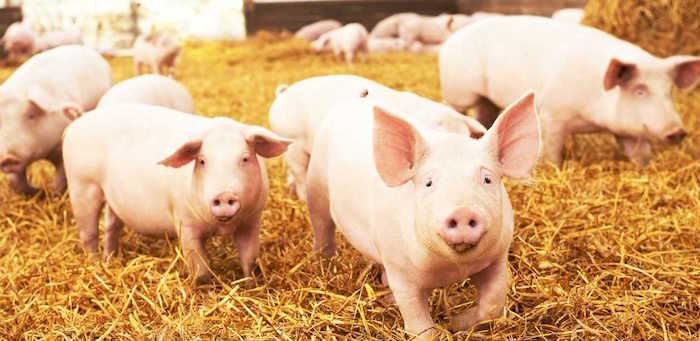The NPA is to spearhead an industry-wide review of the UK pig industry’s strategy on Livestock Associated-MRSA (LA-MRSA).
The association says the strategy needs updating and is looking to organise a roundtable industry discussion to come up with a new holistic approach.
NPA senior policy advisor Georgina Crayford said: “While the current NPA Import Protocol strongly recommends screening breeding stock for LA-MRSA pre- and post-import, we recognise that industry policy around this needs clarifying, especially as it is safe to assume we already have LA-MRSA in the UK pig herd albeit at a low level.”
At a meeting between NPA and the main UK breeding companies (and their vets), it was agreed that relying on screening of imported breeding stock alone was not a holistic approach to dealing with LA-MRSA.
“As a result, the NPA is now in discussion with the Pig Health and Welfare Council about organising a roundtable discussion to come up with an industry-wide strategy for dealing with LA-MRSA.
“The aim will be to agree appropriate measures to both minimise importation of the bacterium and prevent further spread between herds.”
The issue was discussed at the most recent NPA Producer Group meeting, in London, in November, when it was agreed the balance needed to be found between taking advantage of the best available genetics and preventing further spread of LA-MRSA.
Very low risk
The Food Standards Agency (FSA) continues to advise LA-MRSA poses a ‘very low risk’ to the public via food.
An FSA report published earlier this year said, to its knowledge, there had been no reported foodborne outbreaks of LA-MRSA in humans in either the UK or worldwide.
“The prevalence of LA-MRSA in animals in other European countries appears to be significantly higher than in animals in the UK. Current data suggest that the prevalence of food contaminated with LA-MRSA is low in the UK,” the report concluded.
“The risk to human health from the preparation, handling and/or consumption of LA-MRSA/MRSA contaminated foodstuffs in the UK is very low, especially when compared to other routes of transmission.”
The FSA’s advice remains unchanged – that raw food should be stored appropriately, handled hygienically and cooked thoroughly.
The FSA LA-MRSA report and more facts about tackling antimicrobial resistance (AMR) can be viewed here




